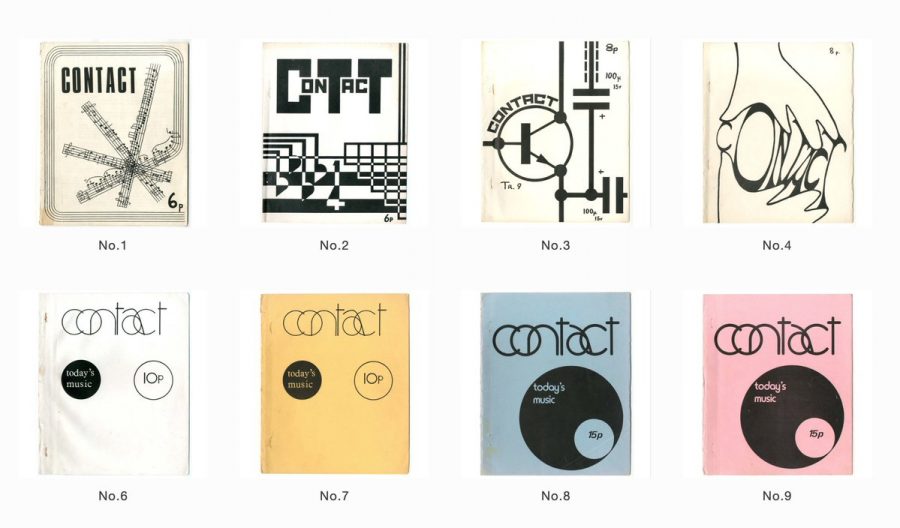
FYI on a new digitization project:
"Contact: A Journal for Contemporary Music was active from 1971–1990 and independently published by its editors. As with many independent print publications of that era, this has meant that, for readers and researchers operating in a contemporary digital landscape, the richness of its resource has been all but inaccessible. In recognition of this situation, in the years 2016–2019, the entire journal was digitised and made available over the course of a three-year research project.."
"Contact’s basic intentions – as set out fully in the first issue, dated Spring 1971 – were to promote informed discussion of 20th-century music in general and the music of our own time in particular. Among the original concerns of the founders of the magazine were that popular musics, jazz and contemporary folk music should play a part in our scheme. In the earlier days, especially, we continually sought for good writing in these fields, as well as contributions on ‘serious’ music."
Enter the Contact online archive here...
via @ideoforms
Would you like to support the mission of Open Culture? Please consider making a donation to our site. It's hard to rely 100% on ads, and your contributions will help us continue providing the best free cultural and educational materials to learners everywhere.
Also consider following Open Culture on Facebook and Twitter and sharing intelligent media with your friends. Or sign up for our daily email and get a daily dose of Open Culture in your inbox.
The Entire Archive of Contact: A Journal for Contemporary Music Has Been Digitized and Put Online is a post from: Open Culture. Follow us on Facebook, Twitter, and Google Plus, or get our Daily Email. And don't miss our big collections of Free Online Courses, Free Online Movies, Free eBooks, Free Audio Books, Free Foreign Language Lessons, and MOOCs.
from Open Culture https://ift.tt/2q4MD8s
via Ilumina
Comments
Post a Comment